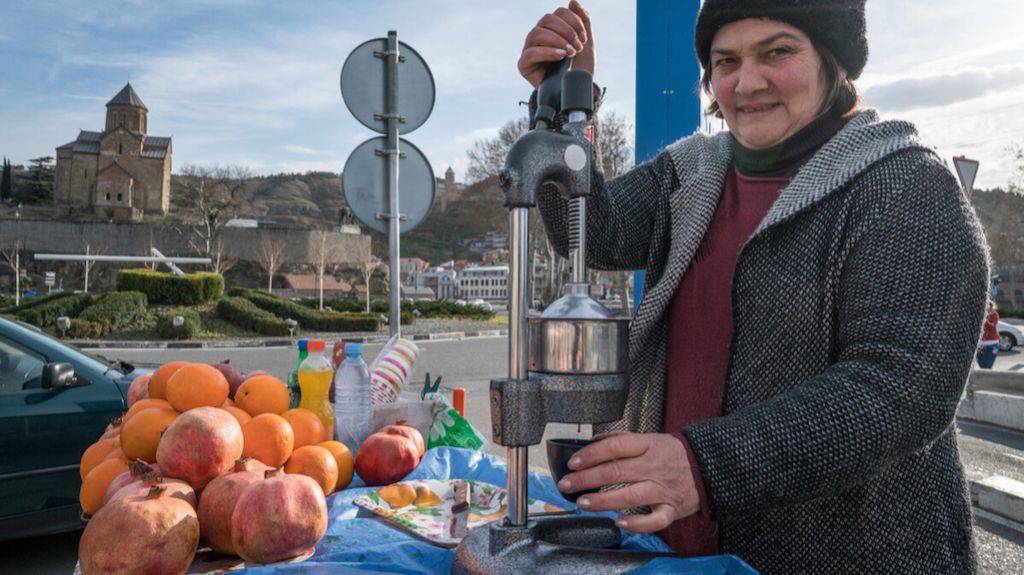
MANILA – The Asian Development Bank has raised 18.75 million Georgian lari (or about $7.1 million) in the first gender bond to be issued in this currency.
The domestic bond was denominated and settled in Georgian lari. It allows ADB to fully mitigate currency risks from its underlying project, while supporting capacity development in the Georgian capital market. The bond pays a variable interest rate of Tbilisi Interbank Lending Rate (TBIR) + 0.10% with a bullet 2-year maturity. It was arranged by Galt & Taggart and fully subscribed by a single domestic investor.
The proceeds of the bond will directly finance ADB’s Crystal Gender Bond project, which provides financing to women-owned micro, small, and medium-sized enterprises, an important but often under-banked sector of the Georgian economy. A gender bond supports gender equality and empowerment of women and girls as enshrined in the United Nations’ Sustainable Development Goal 5 (UN SDG5).
ADB has regularly issued domestic and international Georgian lari-denominated bonds since 2015, raising a total of 646 million Georgian lari (about $244 million) in financing. The development of capital markets is an important step for emerging countries to reduce their reliance on the banking sector as well as to mobilize private savings.
“ADB has pioneered local currency bond issuances in Asian emerging markets for more than 2 decades now. We are supporting the broadening and deepening of domestic capital markets through the issuance of theme bonds in alignment with the UN SDGs,” ADB Deputy Treasurer Sukhumarn Phanachet said. ADB has previously issued green and gender bonds in Indian rupees and Kazakhstan tenge, among other currencies.
ADB is committed to achieving a prosperous, inclusive, resilient, and sustainable Asia and the Pacific, while sustaining its efforts to eradicate extreme poverty. Established in 1966, it is owned by 68 members—49 from the region.




